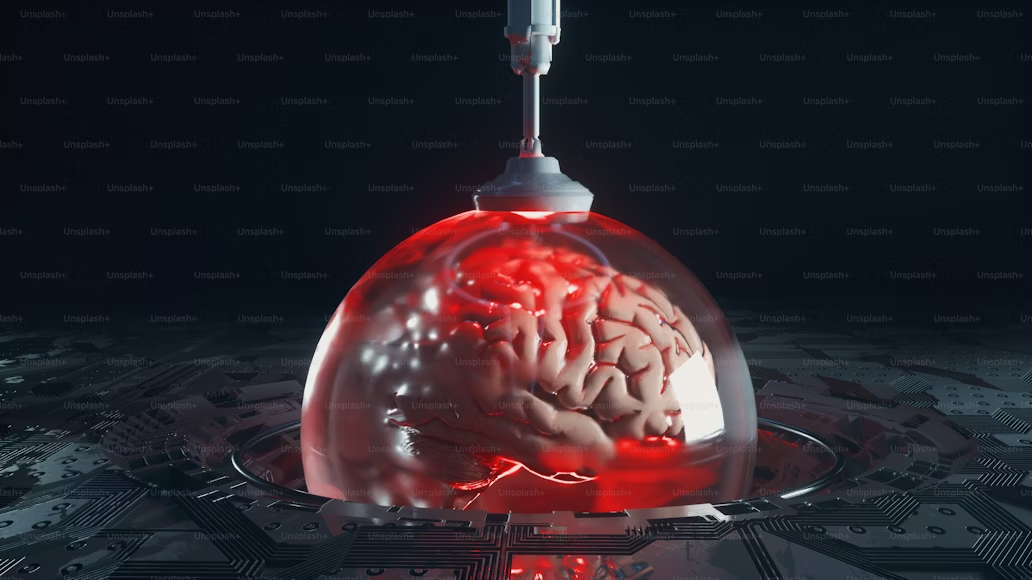Neuralink Achieves Milestone with Third Human Brain Implant
January 14, 2025
Neuralink, the neurotechnology company founded by Elon Musk, has successfully completed its third human brain-computer interface implantation, marking a significant milestone in the field of neural technology. The procedure, which took place earlier this week, was a success, and the patient is reportedly recovering well.
Expansion of Clinical Trials
With this breakthrough, Neuralink is now focusing on expanding its clinical trials, with plans to conduct 20 to 30 additional implants throughout 2025. The company has shared that these trials will prioritize individuals with spinal cord injuries, a step that could lead to groundbreaking treatments and potentially improve the quality of life for people with significant neurological impairments.
Potential Implications
The success of the implantations could have profound implications for the treatment of various neurological conditions. Neuralink’s technology aims to restore lost sensory and motor functions, offering hope for those suffering from conditions such as paralysis, neurological diseases, or brain injuries. The brain-computer interface could be pivotal in advancing therapeutic techniques that were once considered unattainable.
Regulatory Considerations
As Neuralink advances, the company will continue collaborating with regulatory bodies to ensure the safety of patients involved in the trials. The firm is committed to following medical standards and adhering to ethical guidelines throughout the testing process to ensure that the technology is safe and effective.
Looking Ahead
Neuralink’s advancements are part of a broader trend in the tech industry, where the integration of technology and human biology is becoming increasingly possible. As these trials progress, the applications of brain-computer interfaces could expand, potentially revolutionizing the way humans interact with machines and providing new avenues for treating neurological disorders.
The success of this milestone sets the stage for further exploration of how advanced technology can improve human health and enhance the capabilities of those with neurological conditions. The coming years will be crucial for the continued development of this innovative technology.


